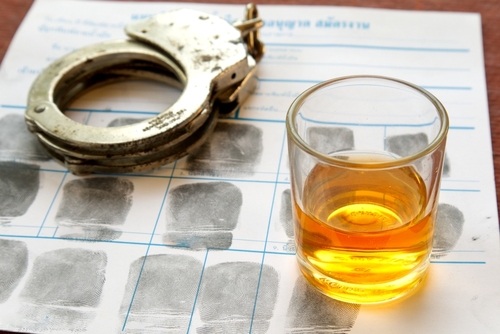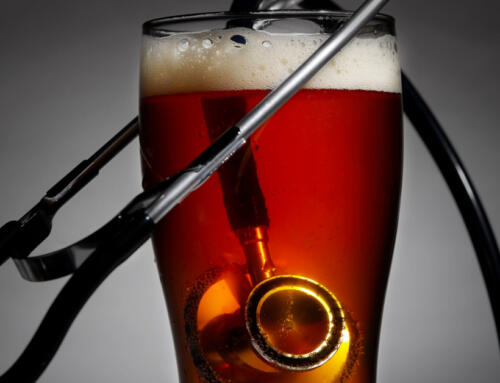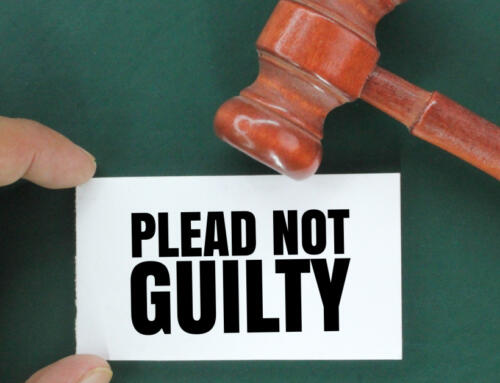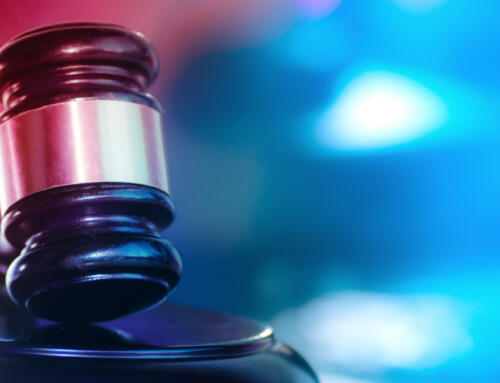When you are facing a DUI charge in Pennsylvania, you need to do everything you can to avoid unnecessary consequences. A DUI conviction can change your life for years to come, and the financial costs alone can quickly add up to thousands of dollars. But do you need to hire a lawyer to represent you, or can you handle your DUI case alone?
In other words, how hard is it really to fight a DUI in Pennsylvania?
Fighting a DUI charge in Pennsylvania is not easy. While there are several ways to fight a Pennsylvania DUI, you need to know which defenses you can assert in your case and how to maintain them effectively. In addition, you must decide whether fighting your DUI in court is your best option or whether you should consider an alternative, such as negotiating a plea or entering a diversionary program.
To be clear, you can successfully fight a DUI in Pennsylvania. But, doing so requires in-depth knowledge of the law, meaning you need experienced legal representation.
Understanding the Challenges of Fighting a DUI Charge in Pennsylvania
Successfully fighting a DUI charge in Pennsylvania starts with making informed decisions about your defense. It would be best if you had a thorough understanding of the law, and you also need to clearly understand how the law applies to your specific circumstances. With this in mind, here are seven significant challenges involved in fighting a DUI charge in Pennsylvania:
1. Knowing Which Facts Are (and Aren’t) Relevant to Your Defense
To fight your DUI charge, you need to know which facts are (and aren’t) relevant to your defense. For example, did you know:
- It doesn’t matter whether you knew you were too drunk to drive.
- It doesn’t matter why the police pulled you over (unless they violated your constitutional rights).
- Prosecutors can secure a DUI conviction even if you refuse the breath test (and refusing the breath test can lead to additional consequences).
- If the police didn’t clearly explain how to take the breathalyzer or field sobriety tests, this may be a defense.
- Are you aware that several factors could render your blood alcohol concentration (BAC) reading inadmissible in court, even if you took the breath test?
When you hire a DUI defense lawyer, the lawyer will review all of the facts of your case and check your case facts picture of what happened; the lawyer will be able to determine what defenses are (and aren’t) available to you.
2. Knowing What Evidence the Prosecution Has Against You
Knowing what evidence the prosecution has against you is also crucial for building a solid defense. You cannot effectively prepare your defense if you don’t see how the prosecution intends to prove your guilt. While you are entitled to know what evidence prosecutors intend to use in court, obtaining the government’s evidence requires the ability to assert your pre-trial rights effectively.
3. Knowing What Evidence Is (and Isn’t) Admissible in Court
Once you know what evidence the prosecution intends to use against you, you must determine whether this evidence is admissible in court. It won’t automatically be kept out of your DUI trial if it is unacceptable. Instead, you will need to file a motion with the court; in your motion, you must clearly explain why the government shouldn’t be allowed to present its evidence at trial.
4. Determining Which Defenses You Should Assert
Once you’ve examined the facts, obtained the prosecution’s evidence, and fought to exclude any inadmissible evidence from your trial, you can begin deciding which defenses you should use to fight your DUI. When developing your defense strategy, it is essential to keep in mind that under Pennsylvania’s DUI statute:
- Prosecutors can prove a DUI based on “general impairment” without your BAC, and,
- If prosecutors have your BAC, they do not need evidence of impairment.
As a result, it will often be necessary to present multiple defenses. If prosecutors have your BAC, you must focus on challenging its accuracy or reliability and any evidence that you were “incapable of safely driving.”
5. Deciding Whether to Pursue a Plea Deal or Pre-Trial Diversion
If you cannot successfully defend against all of the evidence prosecutors have against you, you may need to consider another option. This could mean pursuing a plea deal or entering a pre-trial diversion program depending on the circumstances.
6. Avoiding Mistakes that Could Jeopardize Your Defense
Regardless of how you approach your DUI case, you must be extremely careful to avoid mistakes that could jeopardize your defense. There are lots of mistakes that fall into this category. From failing to appear in court to saying the wrong thing in the courtroom, even seemingly minor errors can significantly impact the outcome of your case.
7. Minimizing the Consequences of Your DUI Arrest
Ultimately, when facing a DUI charge in Pennsylvania, you should be focused on doing everything you possibly can to minimize the consequences of your arrest. In Pennsylvania, DUIs carry substantial penalties, and even after you serve your sentence, having a DUI conviction on your permanent record can continue to impact many aspects of your life negatively.
Discuss Your Case with Philadelphia DUI Defense Lawyer Brian Fishman
If you are facing a DUI charge in Pennsylvania, you must discuss your case with an experienced defense lawyer as soon as possible. You should take your case very seriously, and you cannot afford to make mistakes that could jeopardize your defense. To request a free initial consultation with Philadelphia DUI defense lawyer Brian Fishman, please call 267-758-2228 or contact us online today.






